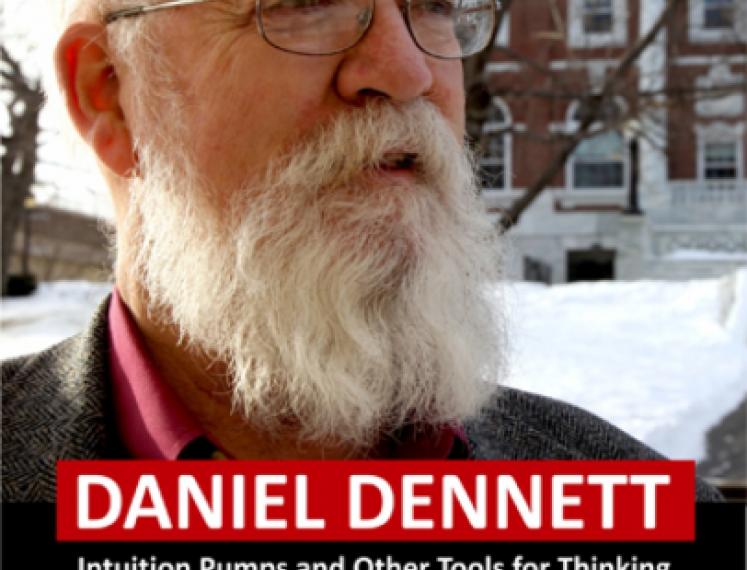Intuition Pumps and Other Tools for Thinking
Daniel Dennett has collected a number of his favourite mental tools that helped him reason his way through life’s most fundamental questions. These thinking tools have illuminated his theories of evolution, meaning, mind, and free will.
After a long career in philosophy, cognitive science, evolution and artificial intelligence, Daniel Dennett has collected a number of his favourite mental tools that helped him reason his way through life’s most fundamental questions. These thinking tools or ‘intuition pumps’ have illuminated his theories of evolution, meaning, mind, and free will.
The big difference between human minds and the minds of other animals is our equipping ourselves with literally hundreds of thinking tools – cultural software that we install in our brains much the way we download applets to our laptops and smart phones. Over centuries, these tools have been developed, first by Darwinian cultural evolution and later by philosophers, scientists, engineers and other professional thinkers. They have been filtering down into everyday people’s thinking and made us more intelligent. Some of these tools are as simple as words, numbers, maps or metaphors, and others are sophisticated intuition pumps - persuasion-machines that can provoke our imagination but also delude us if we're not careful. Where do these tools come from and how do we install them in our brains?
Daniel C. Dennett has dedicated his academic life to the study of the philosophies of the mind, science and biology. He studied at Harvard and Oxford and is currently a professor at Tufts University, Boston. He has published extensively on subjects such as free will (Elbow Room, 1984), theory of the mind (Consciousness Explained, 1991) and the role of adaptation in evolution (Darwin's Dangerous Idea, 1995). His latest book is Intuition Pumps and Other Tools for Thinking (2013).
In 2012, he was awarded the Erasmus prize, an European award for "a person who has made an exceptional contribution to culture, society or social science"; he was praised for "his ability to translate the cultural significance of science and technology to a broad audience".
Interesting links
Homepage Daniel Dennett
Wikipedia Daniel Dennett



